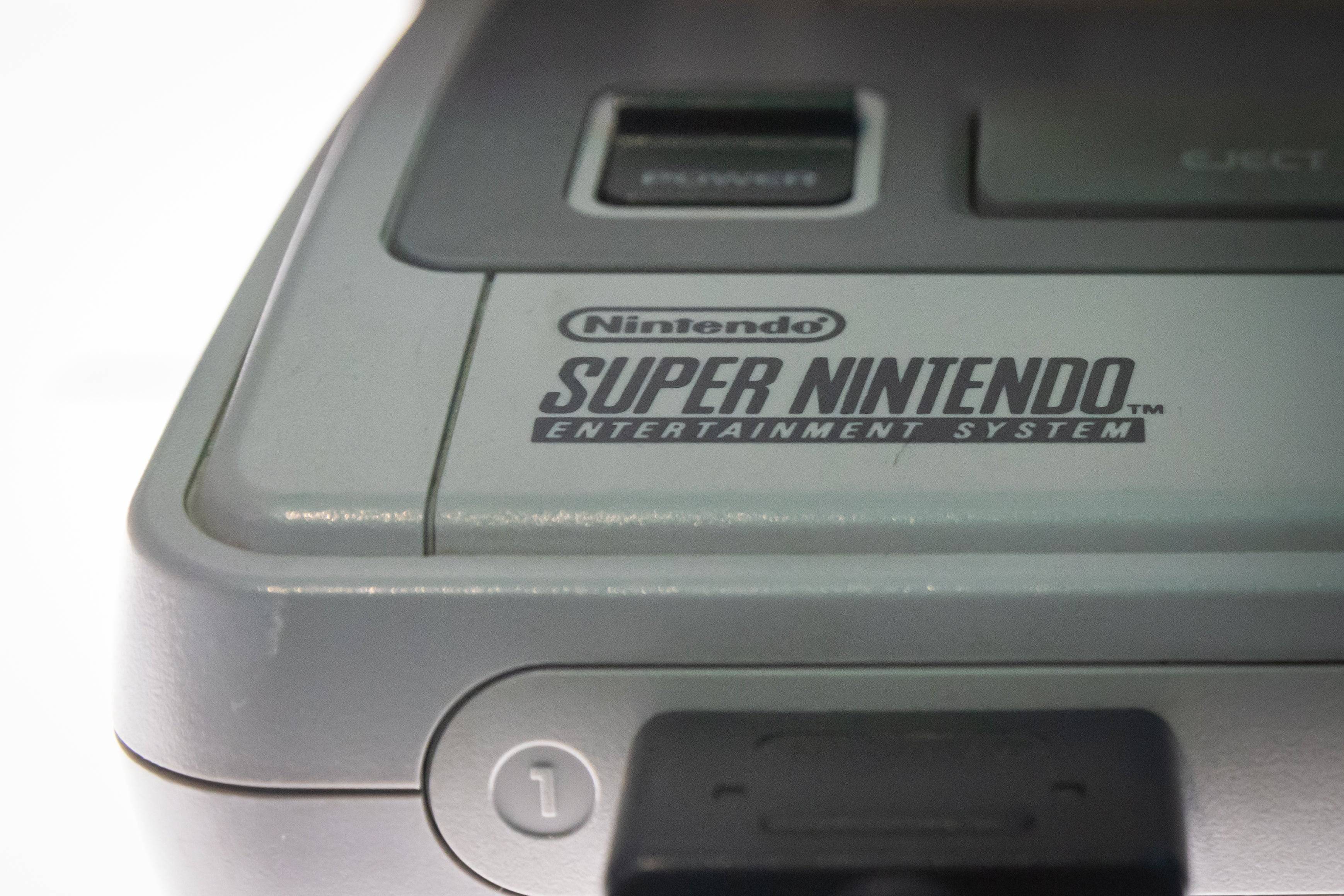The speedrunning community is buzzing with excitement and curiosity over a peculiar phenomenon: the Super Nintendo Entertainment System (SNES) appears to be running games faster as it ages. This surprising development was first brought to light by Bluesky user Alan Cecil (@tas.bot) in early February, suggesting that the nearly 50 million SNES units sold worldwide might now be performing better than when they were new.
The notion that a video game console could improve its performance over time might sound far-fetched, but Cecil's research points to a specific component that could be responsible for this anomaly. In an interview with 404 Media, Cecil explained that the SNES's audio processing unit (APU) SPC700, which has a digital signal processing (DSP) rate supposedly set at 32,000Hz by a ceramic resonator running at 24.576MHz, might not be as stable as previously thought. Retro console enthusiasts have noted that the DSP rate can vary based on environmental factors like temperature, affecting how audio is processed and sent to the CPU, which in turn can subtly influence game speed.

Cecil's investigation took a deeper turn when he asked SNES owners to record data from their consoles. The results, based on over 140 responses, showed a clear trend of increasing DSP rates over time. While the average DSP rate was recorded at 32,040Hz in 2007, Cecil's recent findings indicate an increase to 32,076Hz. Although temperature can affect these rates, the changes observed are too significant to be explained by temperature alone, suggesting that the SNES is indeed processing audio faster as it ages.
In a follow-up Bluesky post, Cecil shared more detailed data, noting that the average DSP rate across 143 responses was 32,076Hz, with an 8Hz increase from cold to warm conditions. The range of warm DSP rates varied from 31,965 to 32,182Hz, a 217Hz spread. Despite these findings, the exact impact on game performance and the underlying cause remain unclear.
While the speedrunning community is intrigued by the potential implications, Cecil acknowledges that more research is needed to fully understand how much faster the SNES is processing game audio and why. Historical data from the console's first decade is scarce, making it challenging to draw definitive conclusions. However, as the SNES approaches its 35th anniversary, it seems to be aging gracefully.
The possibility of the SNES running games faster has significant implications for speedrunning, particularly if the SPC700's faster audio processing leads to shorter load times. However, the impact on game speed is not a direct result of APU speeds, and even the most extreme scenarios might only reduce speedrun times by less than a second. The community is still in the early stages of research, and while further experimentation is needed, the consensus is that speedrunners have little to worry about for now.
As Cecil continues to explore the inner workings of the SNES, the console remains a fascinating subject. For those interested in its legacy, you can find the SNES on the list of best-selling consoles of all time.































